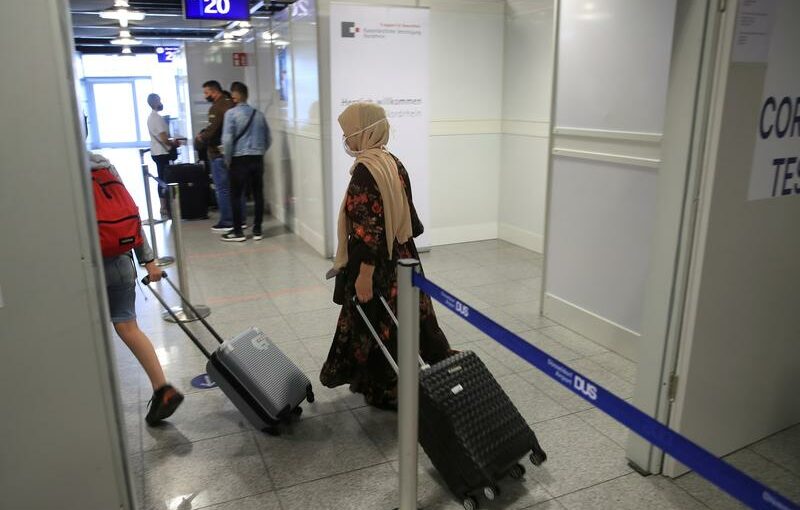BERLIN (Reuters) – Germany is designating parts of Greece as high-risk areas, meaning unvaccinated travellers from those regions would need to go into quarantine for five days.
Crete and islands in the southern Aegean Sea will be considered high-risk from Tuesday, the Robert Koch Institute for Infectious diseases said on Friday.
Travellers entering Germany from high-risk areas must go into quarantine for 10 days unless they have been fully vaccinated or recovered from COVID-19. Self-isolation can be ended after five days at the earliest with a negative test.
Kosovo, North Macedonia, and parts of Ireland are being upgraded to “high-risk” as of Sunday. At the same time, the government is downgrading some regions in Spain, including Catalonia, Valencia and the Canary Islands, which were previously designated high-risk areas.
Source: Read Full Article
